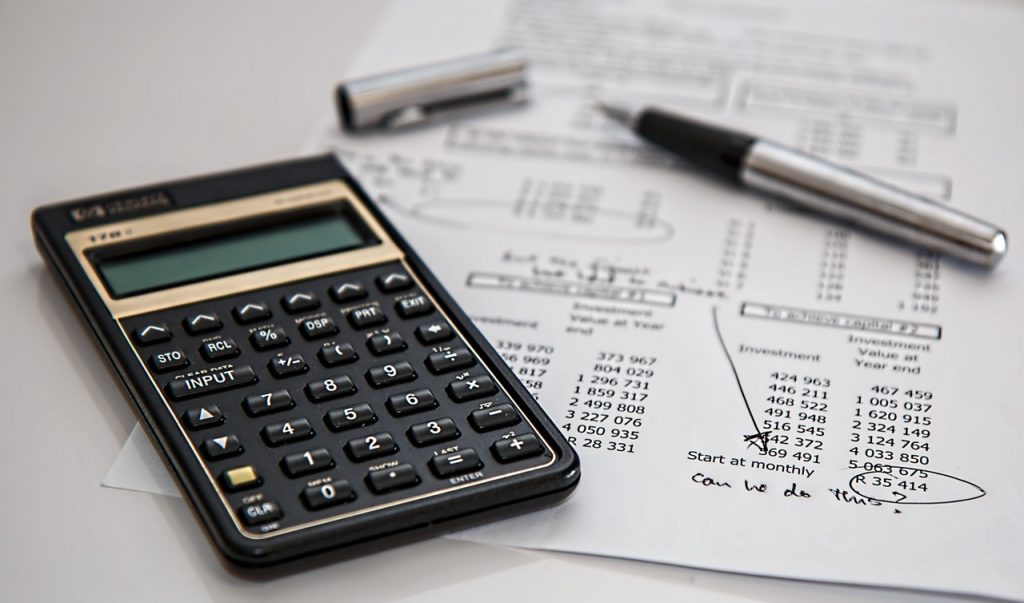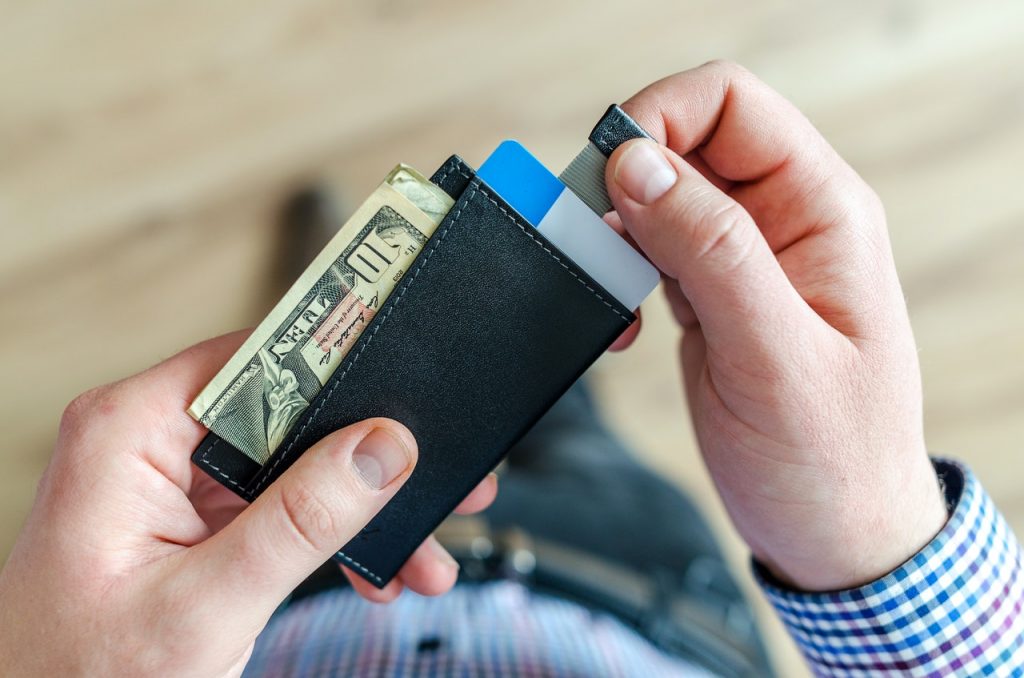
The novel coronavirus has completely changed the world as we knew it. Entire countries have gone into lockdowns, businesses have come to a halt and economies have been shaken. This is a difficult time for every one of us financially. As thousands of jobs are being cut in nearly every sector, families with limited means or little to no savings are finding it increasingly difficult to pull through these times.
Our previous article discussed ways with which financial institutions are reducing risk and ensuring responsible credit behaviour from their customers. This article discusses ways to ensure creditworthiness during the lockdown and beyond.
The hand-to-mouth cycle
In India, many urban families go through a cycle of debt (or savings) – expenditure – repayment every month. This essentially means that they either use the savings from the previous month, use their credit cards or take microloans to finance their current month until they receive their paycheck, which is immediately consumed in paying back what is owed the previous month. This either creates a vicious debt trap for these families, or they move into a perpetual hand-to-mouth cycle, which makes it completely impossible for them to save for a rainy day.
Your credit score (CIBIL)
Your credit score—also known as your CIBIL score in India determines your creditworthiness. What this means is that your bank or loan authority will use your CIBIL score to figure out if your loan or credit card should be approved or not. CIBIL scores range between 300-900 and the minimum score to get the best interest rates and quicker approvals are 750 (computed to around 720 according to the new scoring system)
A recent CIBIL score update
If you find that your CIBIL score has fallen since January 2020, do not be alarmed. TransUnion CIBIL has changed the way they rate borrowers and cardholders in 2020. They are now leveraging data from the last 36 months instead of 24 months, resulting in this change. This is the third change in the CIBIL scoring system in India since the launch of their credit bureau services in 2004.
Maintaining good financial health and a high CIBIL score
Your credit score directly impacts your financial health. A higher score will represent a lower risk of default. Credit scores are impacted by many factors and there is no sure-shot way to ensure a high score. However, knowing what impacts your CIBIL score can help you maintain a healthy score.
Your financial health, however, is much more than just your credit score. Ensuring financial health means that you should maintain adequate liquidity (cash flow), pay your credit card bills in time and not get stuck in a debt trap.

Here’s what you should do to ensure that your financial health and credit scores stay at the top of the charts:
- Have a credit history
Having a credit history builds credibility. If you have taken loans and repaid them in time while maintaining a healthy credit ratio, your credit rating will be higher than those who do not have a credit history at all. Without a credit card or a credit history, you will be treated as new to credit and your employment and income will be factored to determine your repayment capability. This also makes it difficult for your lender to ascertain whether you are a high-risk customer or a low-risk customer.
- Use credit cards judiciously
Credit cards are a great way to access credit instantly, but with great power comes great responsibility. Your credit card can help you tide over moments of crisis, but can also lure you into spending more than you can afford, racking up your bills considerably. If your credit card bills consistently rise above your paying power (high credit utilization) your credit rating will automatically worsen. Withdrawing cash on your credit card will incur the highest interest rates. Ensure that you do not withdraw cash from your credit card unless it is necessary and that you pay it back as soon as possible.
- Pay your bills and EMIs on time
Ignoring your credit card bill or EMI payment during the lockdown is the worst thing you can do. Unpaid credit card dues and EMIs incur a late fee coupled with a high rate of interest and finance charges for your next month’s bill. This can quickly turn into a legal issue if you do not pay your bill. If your job or business has been impacted during the lockdown, you can consider taking a moratorium on payments. Not paying your bills will negatively impact your CIBIL score.
- Try and not avail the moratorium on loan EMIs or credit card payments
Availing the moratorium might seem like a good idea right now, but do take the extra interest that you will end up paying after the moratorium ends into consideration before you do so. Availing the moratorium will not impact your credit score or incur a late payment fee but will incur interest charges on payment which can be substantial. Read the fine print before you avail the moratorium.
Note: some banks have started to reduce the credit limits of customers who have availed the payment moratorium as they consider them high-risk.
- Ensure that all your old loans are closed and not settled
Loan payment defaults negatively impact your CIBIL score. If you have accepted a one time or a partial settlement on any of your loans, this means that your bank is agreeing to accept a lower amount than agreed to initially. This will be reported as a negative score because the lender is taking a loss. If you see a settled loan in your CIBIL report, immediately get a closure certificate if you have closed the loan and get the same rectified in your report.
- Do not over-borrow—maintain a healthy credit utilization ratio
Most institutions prefer loan applications with a low (less than 40%) credit utilization. This means that if your credit card limit is 100,000 then keeping regular credit utilization under 40,000 is a good thing. One-off spurts are excusable, but consistently breaching the 40% barrier has a negative impact on your credit score and you are considered to be credit hungry.
Similarly, in the case of EMIs, the general rule of thumb is that the maximum EMI-to-income ratio is 50%. This means that if your take-home salary is 100,000 then the maximum EMI you can avail of is 50,000 as the rest of your income is to meet your living expenses.
- Check your CIBIL report
Ensuring that your credit score is healthy is important. Ideally, you should check your credit score every month, but checking once a quarter will do too. Any errors or problems with the report must be addressed quickly and the score should be built up over time with responsible credit behaviour. This is especially important before availing a loan.
- Plan your credit card spends during the interest-free period.
The interest-free period of a card is the time between the date of the transaction and its due date, which can be between 10-51 days. If you have multiple credit cards, you can even cycle your big spends to ensure you get the maximum interest-free period on your loan.
Although this is not a comprehensive list, it covers many aspects of using credit cards and availing loans that can help you maintain a good credit score and maintain optimum financial health. As we rebuild our lives after this pandemic is over, we will need credit services to help us on the path to recovery. Having a good credit score is the first asset that you will need to succeed.


Interesting.